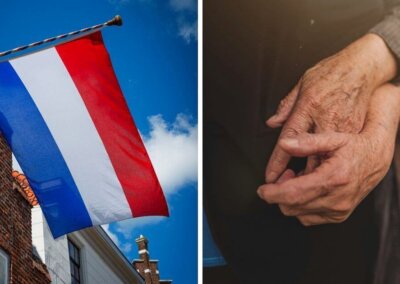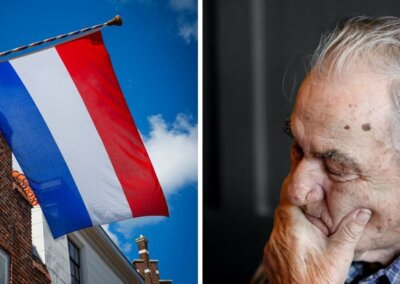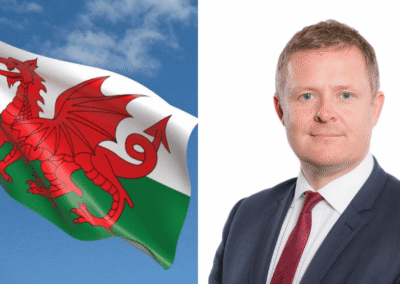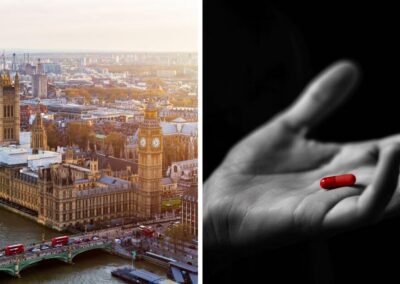Doctors will be able to euthanise children between the ages of one and 12 in the Netherlands under the country’s ever-expanding assisted suicide regime.
Deputy Prime Minister Hugo de Jonge, who also serves as the Health Minister, wrote to Dutch politicians this week outlining his plans to amend regulations to allow ‘active life termination’ for terminally ill children ages between one and 12.
Current law
Under the current law, non-voluntary euthanasia is available for Dutch babies who haven’t yet reached their first birthday.
Children between 12 and 15 can be euthanised with the approval of their parents, while those aged over 16 are eligible for euthanasia if they make a considered, voluntary request for it and if their suffering is “unbearable.”
As it stands, there is no euthanasia provision for children between the ages of 1 and 12.
‘Necessary’?
However, that looks set to change with de Jonge claiming a change in regulations is necessary to help prevent children from suffering.
Despite months of debate and strong opposition from political parties, including his own – the Christian Democratic Appeal party – de Jonge noted in his letter that a parliamentary Bill wouldn’t be needed to introduce euthanasia for one 12 year-olds.
Instead, doctors will be exempt from prosecution if they carry euthanasia on someone in this age range if they do so to end “unbearable suffering”.
In their apparent attempt to circumvent parliamentary procedure, de Jonge says health bosses are working on policy updates alongside the Public Prosecution Service.
Euthanasia on the increase as safeguards are eroded
The Netherlands was the first country in the world to legalise euthanasia when its Termination of Life on Request and Assisted Suicide (Review Procedures) Act came into effect in 2002.
Since its introduction, the legislation has become more extreme and safeguards have been eroded.
Last year, 6,361 individuals lost their lives to euthanasia in the Netherlands – equating to 4% of the country’s total deaths. In addition, the Netherlands’ only euthanasia clinic revealed that it had seen a 22% increase in requests from people seeking assistance to end their lives in 2019, compared to 2018.
In June, a Dutch doctor, who was cleared of murder for euthanising a vulnerable woman with dementia, waived her anonymity to declare she did the “right thing”, even though her patient said “no” three times.
In an interview with Dutch current affairs programme Nieuwsuur, Marinou Arends attempted to justify her actions saying they were “for the best”.
Her comments come after a 2019 district court ruling in the Hague stating that doctors in the Netherlands can no longer be prosecuted for carrying out euthanasia on dementia patients who have previously given written consent.
Previously, those with dementia would need to reconfirm their earlier request.
Expanding euthanasia law
In July, a Dutch MP introduced a controversial Bill that would allow healthy people to have an assisted suicide if they feel their life is ‘complete’.
Pia Dijkstra, Foreign Minister for the four-party coalition Government and medical ethics lead for coalition party D66, submitted a Bill that would allow healthy individuals over the age of 75 to seek euthanasia if they have had “a strong death wish” for at least two months.
Outlining their opposition to similar proposals in 2017, the KNMG Royal Dutch Medical Association believes it could have the undesirable effect of stigmatising the aged population.
The medical association said that the government should invest in measures to make sure the elderly do not feel their lives are pointless, over the option of an early death.












